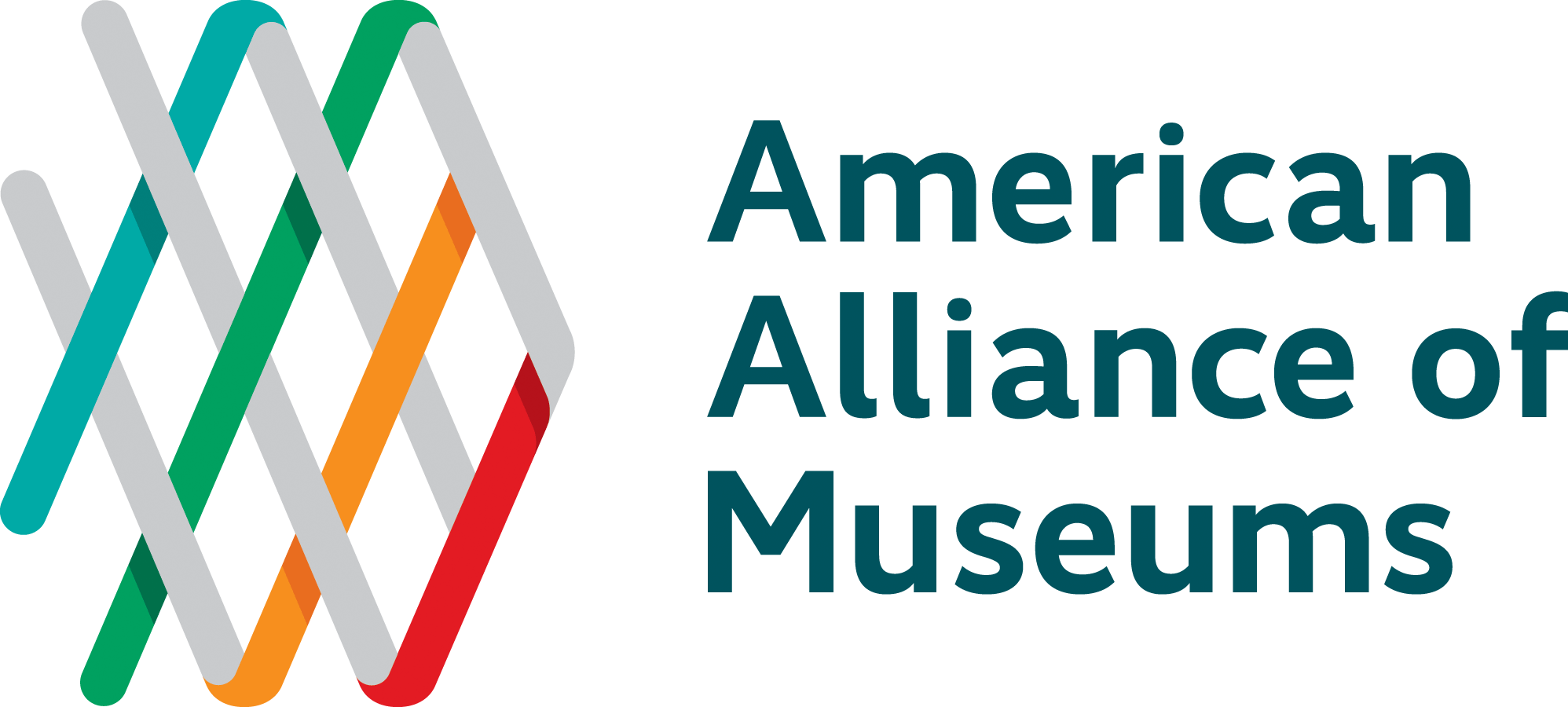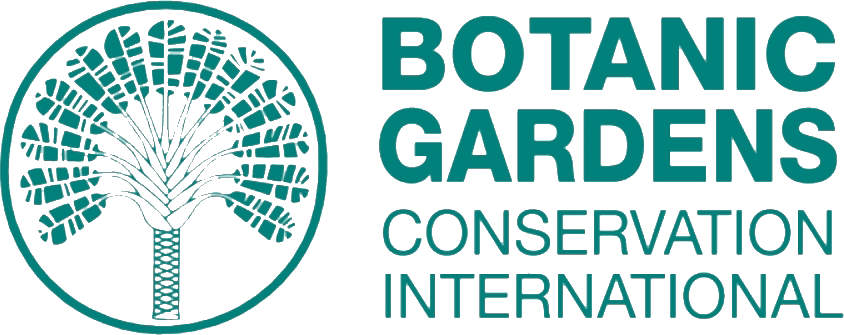
Climate Toolkit Working Groups provide opportunities for deeper learning and peer-to-peer engagement around particular climate topics. Toolkit Working Groups arise organically through the needs of our member institutions and are structured as communities of practice.
A community of practice typically shares three common characteristics:
- Domain: Community members have a shared domain of interest, competence and commitment. This shared domain creates common ground, participation, guided learning, and meaningful action.
- Community: Community members pursue their domain of interest through interactivity, discussion, problem-solving, information sharing and relationship building, thus enabling the fostering of collective learning and a willingness to share ideas.
- Practice: Community members become active practitioners of the domain of interest, building out a suite of collective resources and ideas which can be shared with the larger engaged community.
The Toolkit’s interactive working groups are spaces for cultural professionals to dive deeply into topics of mutual interest while creating collaborations which drive the field towards innovative climate solutions. The Toolkit currently hosts four active working groups. Read about the opportunities below and sign up to get started:
Electrification
The Electrification Working Group looks at all aspects and avenues of transitioning from fossil-fuel based landscaping equipment, fleet vehicles, and building HVAC and instead embracing electric alternatives. Co-founded by The Morton Arboretum, the electrification group is the longest running working group in the Toolkit, pooling together experts and museum stakeholders to explore autonomous electric mowers, utility vehicles, EV tractors, and clean energy funding strategies. Major institutions collaborating within this group include Santa Barbara Botanic Garden, Filoli House & Gardens, Bernheim Arboretum, Smithsonian Institute, Cincinnati Art Museum, Mt Cuba Center, Holden Forests, Duke Farms, and others.
Glasshouse Decarbonization
The Glasshouse Decarbonization Working Group is a global opportunity for botanic gardens and museums with historic glasshouses and conservatories to trade resources and experiences in decarbonization strategies. Glasshouses are notoriously energy-intensive and inefficient structures – within this group lies a real opportunity to innovate in the field and broadcast decarbonization solutions which have rarely been explored in this space, including geothermal, electric heat pumps, radiant floor heating, solar thermal, and more. The decarbonization steering committee includes Royal Botanic Gardens Kew, Royal Botanic Gardens Edinburgh, and World Monuments Fund, with institutional participation from New York Botanical Garden, Chihuly Gardens & Glass, Atlanta Botanical Garden, Historic New England, and others.
Youth Network
The Climate Toolkit Youth Network serves as a resource and connector network for museums and cultural institutions that currently have activated youth climate groups or are interested in forming such groups. Modeled after the Climate Toolkit, the CTYN is a dedicated space for youth groups to connect with each other, trade case studies, climate positive inspiration, and resources, and generally act as a space of support for youth climate work. The CTYN also creates a platform for staff who work with youth groups to trade best practices for adult-youth allyship, discuss funding opportunities, share resources and tools, and form partnerships. The CTYN allows youth groups like YCAC to have a larger impact by amplifying their work and allowing for robust collaboration between youth and between staff.
Climate and Interpretation
The Climate and Interpretation Working Group is the newest working group in the Toolkit and aims to bring together a robust steering committee of climate interpretation experts from The Climate Museum, Denver Botanic Gardens, Anchorage Museum, Museum of Contemporary Arts (MOCA) Los Angeles, Natural History Museum of Utah, Science World, the National Aquarium and beyond to discuss cross-institutional collaborations on climate messaging and intervention among exhibit spaces.
This working group will be open to join soon.
Looking for opportunities to explore other focus areas or climate commitments not captured in the above groups? Reach out via email and let’s start a conversation!





